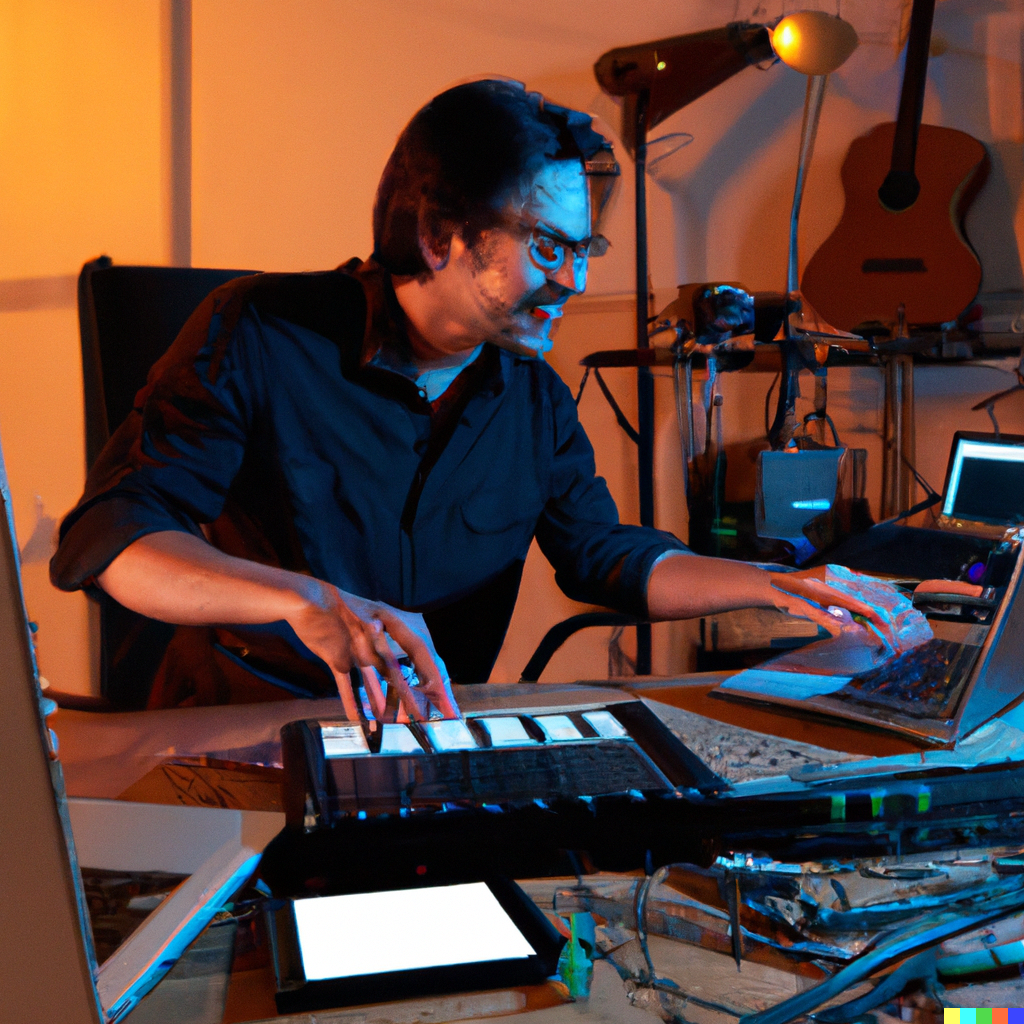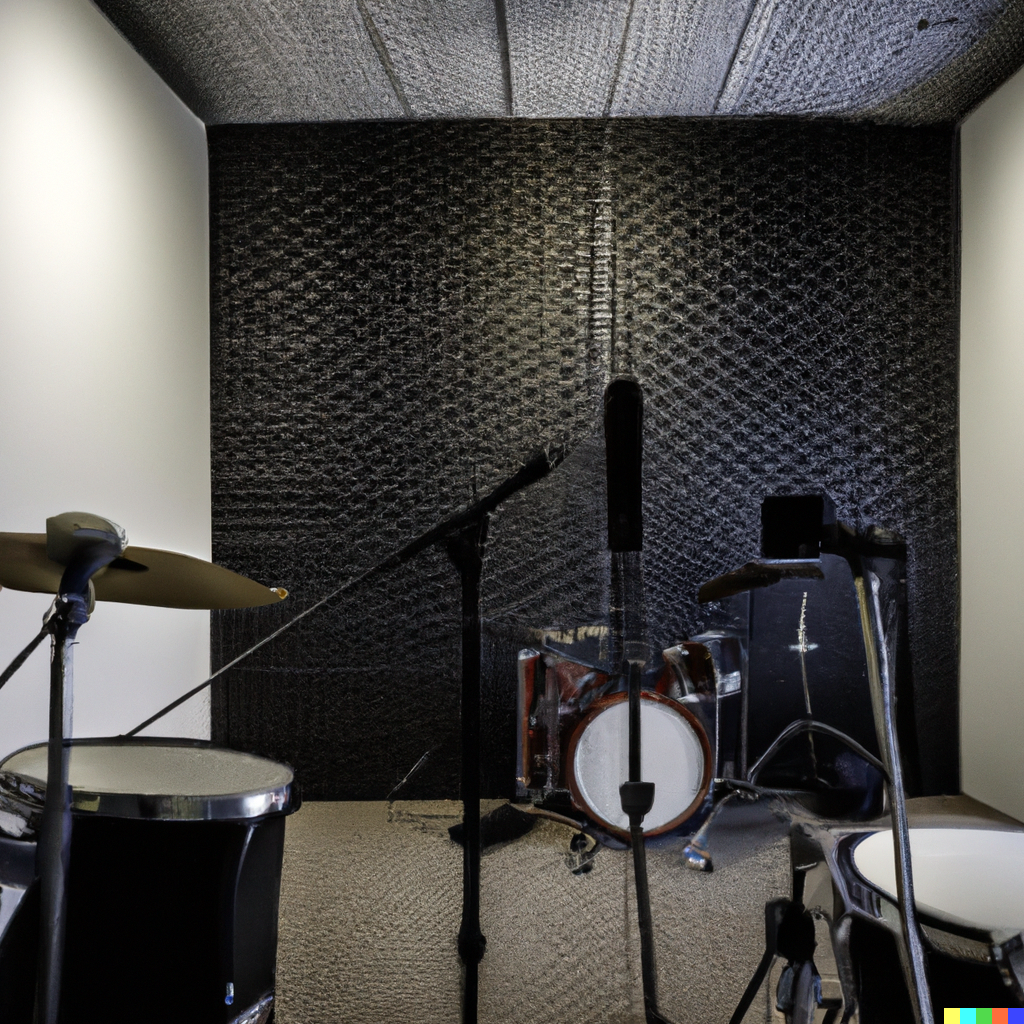The Use of Effects in a Song
Music is an art that can express emotions, tell stories, and convey messages to listeners. With the help of modern technology, musicians can enhance their music with various effects, creating unique sounds and textures that can add depth and character to their songs. In this article, we will discuss the use of effects in a song and how they can be used to create a specific mood, atmosphere, or style.
What Are Effects?
Effects are audio processing tools that modify the sound of an instrument, voice, or any audio signal. There are various types of effects, including:
Equalizers (EQs)
Equalizers are used to adjust the balance of different frequencies in a sound, such as bass, midrange, and treble. They can be used to boost or cut specific frequencies, creating a more balanced or distinctive sound.
Reverb
Reverb is used to simulate the acoustic environment of a space, such as a concert hall or a cathedral. It can be used to add depth and atmosphere to a sound, making it sound more natural or spacious.
Delay
Delay is used to create an echo effect, repeating a sound after a short delay. It can be used to create a sense of space or rhythm, making a sound more dynamic or interesting.
Compression
Compression is used to control the dynamic range of a sound, reducing the difference between loud and soft sounds. It can be used to make a sound more consistent or punchy, making it stand out in a mix.
Distortion
Distortion is used to add grit, edge, or fuzz to a sound, creating a distorted or overdriven effect. It can be used to create a raw, aggressive, or vintage sound, adding character and personality to a sound.
Modulation
Modulation is used to create a moving or changing effect, such as a vibrato, chorus, or phaser. It can be used to add movement, depth, or complexity to a sound, making it more interesting or unusual.
How Effects are Used in a Song
Effects can be used in various ways to enhance a song, depending on the musical style, genre, and intention of the artist. Here are some examples:
Creating a Mood
Effects can be used to create a specific mood or atmosphere in a song, such as a dreamy, melancholic, or mysterious vibe. For example, using a lot of reverb and delay on a guitar can create a sense of space and depth, making the sound more ethereal or otherworldly.
Highlighting a Part
Effects can be used to highlight a specific part or instrument in a song, such as a guitar solo or a vocal harmony. For example, using distortion or compression on a guitar solo can make it stand out in a mix, making it more powerful or expressive.
Adding a Texture
Effects can be used to add a unique texture or flavor to a sound, such as a gritty, lo-fi, or futuristic quality. For example, using a bit crusher or a filter on a synth can make it sound more retro or futuristic, adding a distinctive character to a sound.
Building a Section
Effects can be used to build a section of a song, such as a chorus or a bridge, by adding or removing effects gradually. For example, gradually increasing the reverb on a vocal can create a sense of climax or tension, making the chorus more impactful or emotional.
Emphasizing a Theme
Effects can be used to emphasize a theme or message in a song, such as a political, social, or emotional topic. For example, using a lot of compression or distortion on a vocal can make it sound more urgent or passionate, conveying a sense of anger or frustration.
Conclusion
The use of effects in a song is a creative and versatile way to enhance its musical and emotional impact. By using different types of effects in various ways, artists can create a unique and personal sound that can captivate and move listeners. However, it is important to use effects with intention and restraint, as too much or inappropriate use of effects can distract from the essence of the song and undermine its artistic value.
FAQs
- Can effects be used in any genre of music?
Yes, effects can be used in any genre of music, from classical to hip-hop, as long as they serve the artistic intention of the song and the genre’s aesthetic.
- Do all songs need effects to sound good?
No, not all songs need effects to sound good. Some songs can benefit from a minimalistic or natural sound, while others can benefit from a more experimental or artificial sound.
- Can effects be used in live performances?
Yes, effects can be used in live performances, either through the use of pedals or digital processors. However, it requires a careful setup and monitoring to ensure a consistent and reliable sound.
- Can effects be used to fix bad recordings?
Effects can be used to enhance or mask imperfections in a recording, but they cannot fix a bad recording entirely. A good recording technique and equipment are crucial to achieving a high-quality sound.
- How can I learn more about using effects in my music?
There are many online resources, books, and courses that can teach you about using effects in music, from basic to advanced techniques. It is also helpful to listen to different styles of music and analyze their use of effects to develop your own style and approach.


Leave a Reply